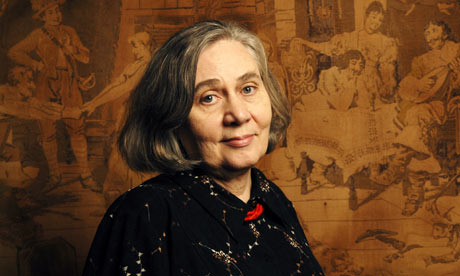 James 1:7-8
James 1:7-8
For that man ought not to expect that he will receive anything from the Lord, being a double-minded man, unstable in all his ways.
In these verses James continues, intensifies and extends his comments in verse 6 about the person who doubts. Not only are they driven and tossed like the surf of the sea, but that person (ho anthrōpos ekeinos;that is, the one who doubts) must not expect (oiesthō) that they shall receive anything from the Lord, for they are a “double-minded” person (anēr dipsychos), and unstable (akatastatos) in all their ways (en pasais tais hodois autou).
First, verse 7 comes as a great shock, especially after the portrait of God’s generosity in verse 5, which explicitly notes that God does not reproach his petitioners. Evidently, God does not reproach them for their lack of wisdom. Active doubting, however, seems to be another matter entirely. Is there a tension in the text here? God gives single-mindedly—but not to the doubter! God reproaches not—except for the doubter! Or is it the case that God is ever the generous giving God but our doubt so destablises us that we cannot watch for God’s giving because we are ever looking elsewhere; that we cannot receive God’s giving because we are ever turning elsewhere. Indeed, the doubting person must not expect to receive anything from God. Not only is their prayer for wisdom not going to bear fruit, but divine generosity is frustrated in their case.
James’ teaching on the relationship between faith and prayer echoes Jesus’ teaching on the same subject. The generosity of God and the assurance of answered prayer in verse 5 echoes Jesus’ teaching in Matthew 7:7-11. But Jesus also warned his disciples concerning the problem of doubt:
Matthew 21:21-22
Truly I say to you, if you have faith and do not doubt, you will not only do what was done to the fig tree, but even if you say to this mountain, ‘Be taken up and case into the sea,’ it will happen. And all things you ask in prayer, believing, you will receive.
In this text, as in James, faith is set in contrast to the problem of doubt and made a condition for answered prayer. Without this faith, says James, do not even think that your prayer will be answered.
James goes further, however, moving beyond the dynamics of prayer to the character of the person, from spirituality to ethics. The doubting person is double-minded, literally, two-souled, in contrast to God who is haplōs (v. 5), generous and single-minded. It is possible that James has coined the word he uses here (and in 4:8)—dipsychos—for this is the first occurrence of the word in extant ancient Greek.
The way in which James has constructed his brief instruction on prayer suggests that he sees a correspondence between God and true human and spiritual maturity. As God is single-minded in his generosity, so those who approach him are to be single-minded in faith. In response to God’s kind and active benevolence, the person of faith hopes, waits, watches, endures, rests, expects, and depends upon God, answering God’s faithfulness with their own responsive faithfulness in return.
The contrast could hardly be starker. The person who doubts anxiously scurries about seeking means to establish their own right and opportunity rather than waiting watchfully for God’s activity and resting in God’s provision. Doubt is independence and self-reliance rather than dependent reliance on God. In place of patient and resolute endurance, the person who doubts is impatient and unstable. James especially identifies this characteristic in the final clause, identifying the doubter as “unstable in all their ways.” The whole tenor of the person’s life and conduct is “thrown into doubt.” Their doubt toward God is indicative of a much deeper and more pervasive flaw in their character: their instability is not simply with respect to their prayer for wisdom, but is also evident with respect to their conduct under trial, their relationships, and their conduct within the community.




